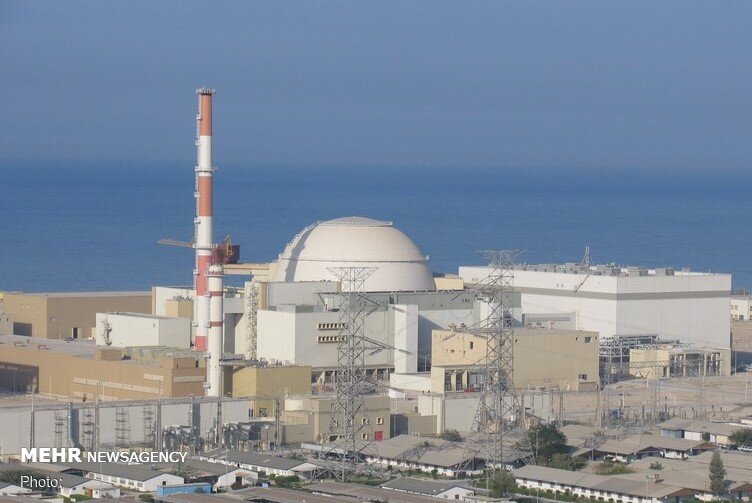
Similar Posts
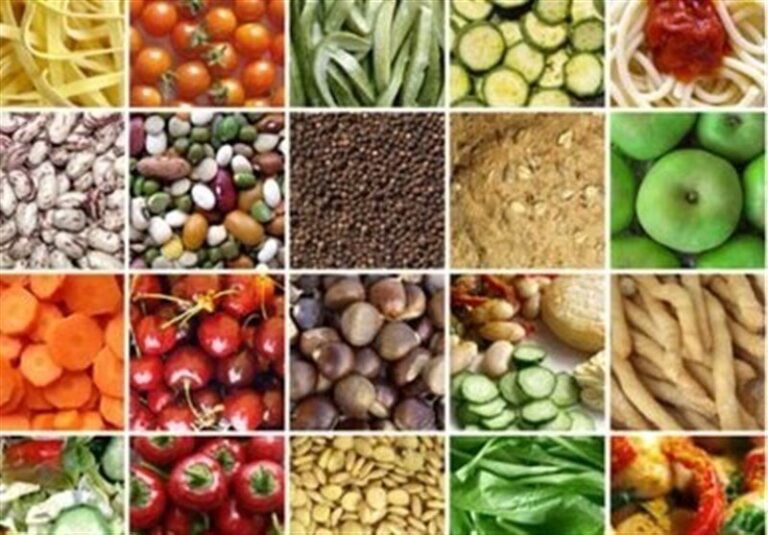
Iran Imposes Export Ban on Key Crops to Combat Rising Domestic Prices
To stabilize the domestic market, Iran’s Ministry of Agriculture Jihad (MAJ) has requested a two-month suspension of exports for apples, oranges, and dates, starting February 24. This decision aims to ensure a steady supply as demand surges during Ramadan, beginning March 2, and Iran’s New Year celebrations in late March. The MAJ had previously imposed a similar ban on potatoes, lentils, and beans due to rising local prices. As Iran navigates the balance between domestic needs and international trade, these measures highlight the ongoing challenges in maintaining food security and market stability during high-demand periods.
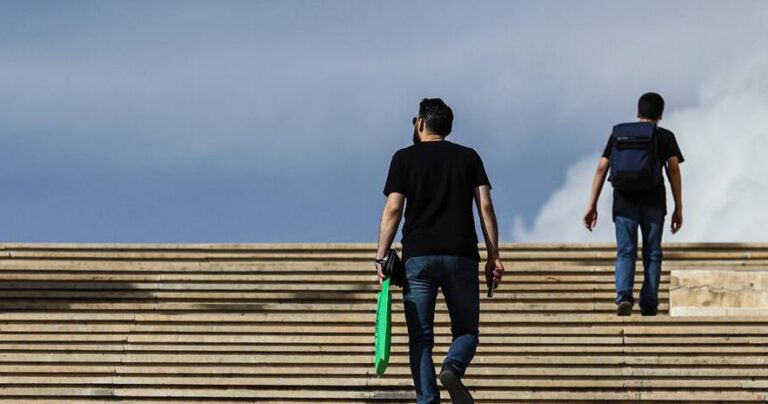
Iran’s Economy: Beyond Trump Headlines, Unraveling Deeper Challenges
Tehran’s economy is increasingly affected by developments in Washington, prompting concerns among commentators about its dependency on US political dynamics. Experts argue that Iran’s strategy must move beyond negotiations with the US to tackle fundamental issues like a crisis-ridden banking system, outdated industrial practices, and underinvestment in agriculture. Frequent power shortages further exacerbate the situation, disrupting essential services and raising living costs. Critics highlight the government’s failure to address corruption and systemic decay, leading to public frustration. Economists warn that without addressing these root causes, Iran’s economic recovery will remain fragile and overly reliant on external factors.
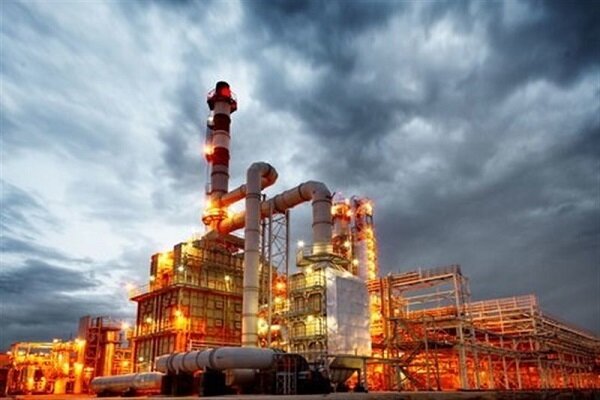
Iran’s Petrochemical Exports Surge to $10 Billion in Just 9 Months, Reports NPC Chief
Iran’s petrochemical exports are projected to reach $13 billion by March 20, 2025, according to Hassan Abbaszadeh, CEO of the National Petrochemical Company (NPC). In the first nine months of this year, exports totaled $10 billion, underscoring the sector’s economic significance. Iranian petrochemical plants also supplied $10 billion worth of products domestically, aiding local industries like polymer production and garment manufacturing. Following US sanctions in 2018, petrochemicals became crucial for hard currency revenue. Iran aims to boost production capacity to 131.5 million metric tons by 2028, investing $12 billion in new projects and infrastructure to support growth and sustainability.
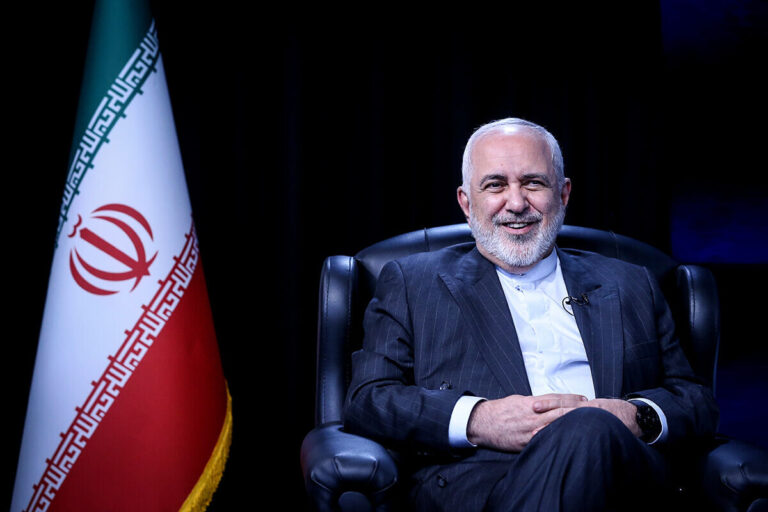
Iran’s VP Zarif Embarks on Diplomatic Journey to Switzerland
Iran’s Vice President for Strategic Affairs, Mohammad Javad Zarif, will attend the 2025 World Economic Forum in Davos from January 20-24. This key event unites global leaders to address pressing issues like geopolitical shocks, economic growth, and energy transition. Zarif’s participation is significant due to his diplomatic background, allowing him to engage in discussions that could enhance Iran’s global presence and promote economic interests. The forum serves as a vital platform for networking, policy development, and sharing insights, with potential long-term impacts on international strategies and cooperation in tackling global challenges.
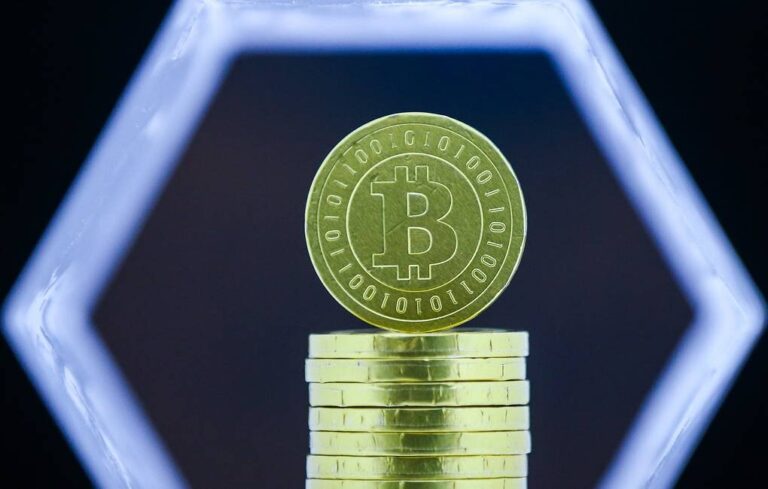
Bitcoin Surges Past $105,000: A New Milestone for Cryptocurrency Enthusiasts!
Bitcoin’s price remains highly volatile, recently rising by 0.34% to $105,032 before dropping 0.61% to $104,495. Experts speculate that Bitcoin could reclaim its previous high of $100,000 and potentially reach $300,000, fueled by growing interest and investment in cryptocurrencies. Bitcoin operates on a decentralized blockchain system, allowing user participation through mining and ensuring transparency. Analysts suggest that positive market sentiment, increased adoption, and regulatory changes could influence its future. As the cryptocurrency landscape evolves, Bitcoin is viewed by many as a hedge against inflation and a key player in disrupting traditional financial systems. Investors should stay informed about market trends.
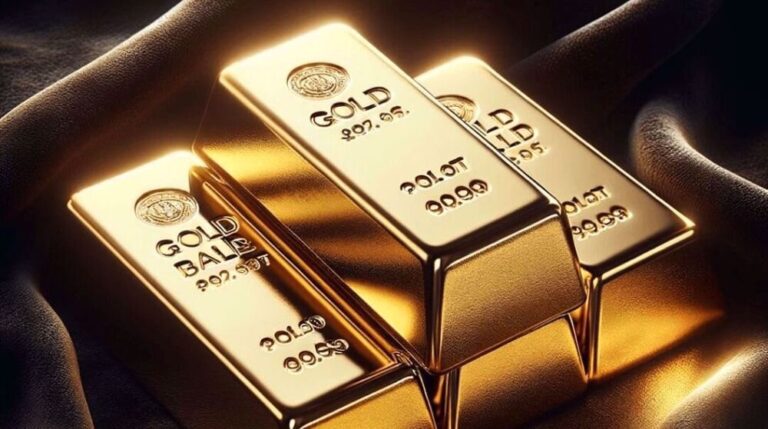
Iran’s Central Bank Shatters Records with Soaring Gold Auction Sales!
The Central Bank of Iran (CBI) has achieved significant success in its recent gold auction, where 1.257 metric tons of gold bars were sold, exceeding the previous record of 567 kilograms. This auction generated around 110 trillion rials (approximately $120 million) and reflects Iran’s strategy to bolster gold reserves amid economic challenges and US sanctions. Since January, the CBI has sold 17.845 metric tons of gold, valued at over 1,000 trillion rials. Additionally, nearly one million gold coins have been sold in recent auctions, signaling strong investor interest as Iran seeks to stabilize its economy and currency.